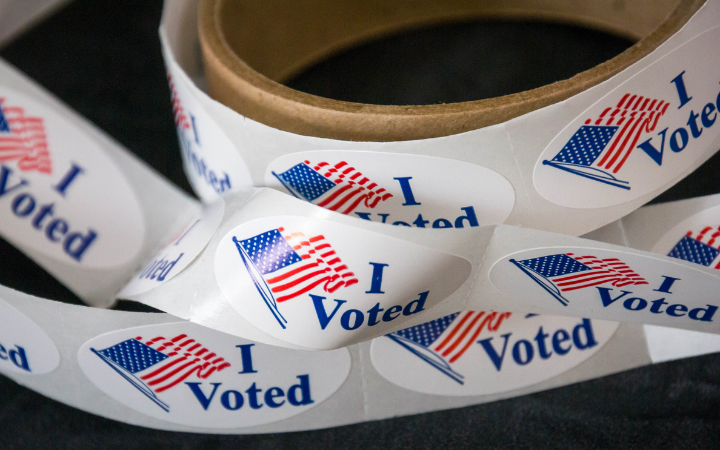We are just weeks away from the 2024 presidential election and prognosticators disagree about whether voter turnout will rise or fall in the election. If turnout increases, we may take pride in this sign of a healthy democracy. If the turnout rates drop, we could witness not simply a decline in political participation but a troubling potential sign of voters’ disinterest in the most fundamental aspect of citizenship.
How should citizens decide on whether or not to vote? We might begin with an understanding of the rights and obligations of being a citizen in a democracy. A United States citizen has the right to vote and to run for elective office. Citizens also have the responsibility to participate in the political process and to be informed on issues facing society. Citizens, therefore, have an ethical duty to exercise their rights and responsibilities to participate as informed voters in elections.
Voter turnout has trended positively since the 1996 elections when only 52% voted, reaching 66% in 2020. However during the last presidential election, there were a number of factors that influenced participation: the country was in the midst of a pandemic; states enacted changes in voting procedures that made it easier to participate; President Donald Trump was unpopular; and Democrats nominated Joe Biden to bring experience and normality back to the Oval Office.
While some believed voter turnout would be lower in 2024 because of the post-pandemic environment and a rematch between Trump and Biden, the addition of Kamala Harris as the Democratic nominee has more recent assessments suggesting that turnout could actually rise to a record level in 2024.
